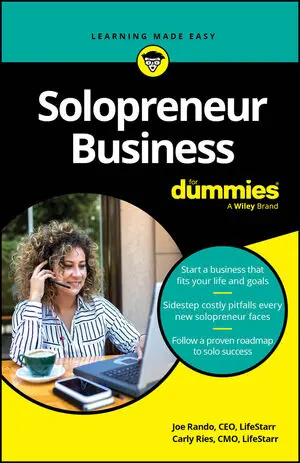Advertising. Marketing. Sales. Promotions. What are the differences? The following story has circulated the marketing world for decades and offers some good answers for what's what in the field of marketing communications:
- If the circus is coming to town and you paint a sign that says, "Circus Coming to the Fairgrounds Saturday," that's advertising.
- If you put the sign on the back of an elephant and walk it into town, that's promotion.
- If the elephant walks through the mayor's flower bed, that's publicity.
- And if you get the mayor to laugh about it, that's public relations.
- If the town's citizens go to the circus and you show them the many entertainment booths, explain how much fun they'll have spending money there, and answer their questions — and they ultimately spend a lot of money at the circus — that's sales.
- If, before painting the sign that says, "Circus Coming to the Fairgrounds Saturday," you check community calendars to see whether conflicting events are scheduled, study who typically attends the circus, and figure out what kinds of services and activities they prefer and how much they're willing to pay for them, that's market research.
- If you invent elephant ear pastries for people to eat while they're waiting for elephant rides, that's product development.
- If you create an offer that combines a circus ticket, an elephant ear, an elephant ride, and an elephant photo, that's packaging.
- If you get a restaurant named Elephants to sell your elephant package, that's distribution.
- If you ask everyone who took an elephant ride to participate in a survey, that's customer research.
- If you follow up by sending each survey participant a thank-you note, along with a two-for-one coupon to next year's circus, that's customer service.
- And if you use the survey responses to develop new products, revise pricing, and enhance distribution, you've started the marketing process all over again.






